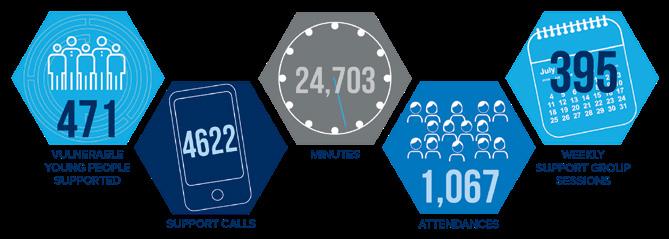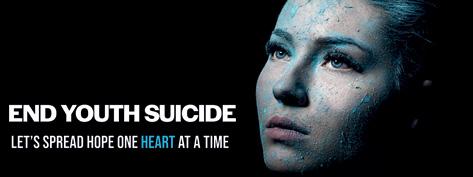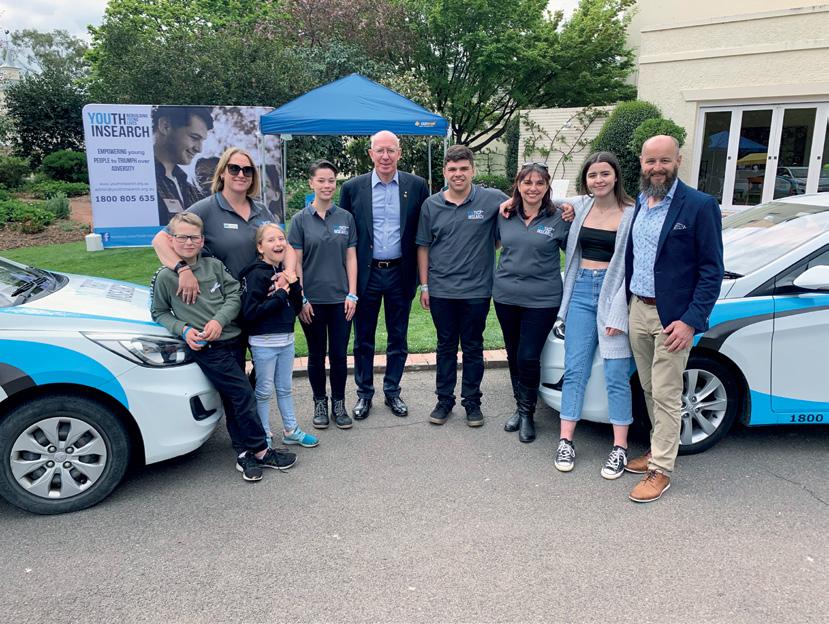PLACE BASED
Model
The current Youth Insearch model is largely a volunteer-based model, where local support adults from referring services attend the weekend workshops with the local young people and facilitate the weekly support groups in their areas. The volunteers in each community are supported by a Community Coordinator in each region. While this model has demonstrated significant positive impact for individuals and communities, the opportunity cost of spreading our program staff over large regions, is that follow-up support with the young people is left largely to the quality and time constraints of each local volunteer. In delivering the Try, Test and Learn Tranche 1 Supporting VET Students (SVS) for the Department of Social Services, the youth support worker we employed was able to work with double the amount of young people, yet was able to work much closer with each young person, providing vital case work support, when they worked within their own community. The Youth Insearch peer-to-peer support network was the key to rapid engagement with young people. Assisting to build trust between the worker and other support services, the case worker was then able to provide intensive and tailored support to each young person. The combination of the Youth Insearch peer-to-peer program and intensive case support increased education outcomes by 20% for those young people within 6 months, and almost doubled the employment sustainability rate i.e. from 26% to 50% of young people maintaining employment past 26 weeks. Within the existing volunteer coordination model, where program staff live and are a member of the 8
community, there is an increase in the uptake rate of youth into Youth Insearch programs, thus providing a much greater positive impact. Youth Insearch supports 5 times more participants in areas where the support worker was a local. Youth Insearch believes that placing a local support worker in every Local Government Area (LGA) these results will be achieved across all program sites. In August 2020, we began the transition to a Place Based Model, with the commencement of an Aboriginal Youth Support Worker in Moree, NSW, and two Social Workers in Queensland in partnership with Dalby State High School and headspace Bundaberg.
This model will halve the cost of delivering the Youth Insearch program to each young person Through case coordination and assertive outreach, support can be tailored and provided to each young person. We are currently working in 5 regions across New South Wales, Victoria, and Queensland, which are supported by 5 Regional Coordinators. Our three-year goal is to embed 25 Social Workers in each of these regions to work with the young people through the more focused approach. Each of the Regional Coordinators will supervise 5 FTE Social Workers in local communities and will also develop and promote our program in each community. This model will halve the cost of delivering the Youth Insearch program to each young person, as
each Social Worker will be able to carry a case load of over 60 young people, as they will be located within and focused on a single community. The goal is to have a significant, visible, positive impact on juvenile delinquency, youth crime, youth mental health and engagement in employment and education in each community, which will motivate the community to fund the implementation at full cost. Our ten-year goal is to have a Youth Support Worker in more than half the 537 local government areas across Australia. To achieve this, it will be critical over the next three years to deliver this model to 25 communities in our 5 current regions to demonstrate what we know will deliver the biggest positive impact to our vulnerable youth. Tim Fairfax Family Foundation (TFFF) have committed significant funding to part fund the role out of the Place Based Model over the next three years in regional Queensland. Tenix Foundation have committed significant funding over the next three years to cover the gap funding for the Regional Coordinators wages, while we transition to the new model. We are grateful to TFFF and Tenix Foundation for their support of this vision, and would welcome interest from other communities to explore funding options for further expansion of the Place Based Model.




